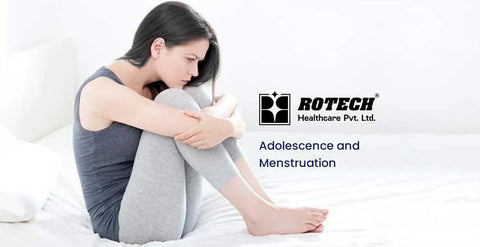Period cramps, or dysmenorrhea, are a common experience for many women, ranging from mild discomfort to debilitating pain. These cramps are often caused by the release of prostaglandins, which trigger uterine contractions. For some, the pain is manageable with over-the-counter remedies and lifestyle adjustments. However, in cases where cramps are severe and persist beyond the menstrual period, they could be indicative of a chronic condition like endometriosis or fibroids.
Chronic menstrual pain can significantly impact daily life, affecting work, school, and overall well-being. It is essential to recognize when period cramps are more than just a monthly inconvenience and seek medical advice if pain is intense, prolonged, or accompanied by other symptoms. Proper diagnosis and treatment by a healthcare provider can help manage and alleviate chronic menstrual pain, improving quality of life and ensuring that periods do not hinder daily activities.
Share




